Meanwhile, Defra has commissioned consultancy Oakdene Hollins, producer compliance scheme Valpak and research and education organisation Warwick Manufacturing Group to gather quantitative evidence for the impact assessment of its much-delayed consultation on batteries reform.
On 1 December, the Agency published figures showing the tonnage of waste portable batteries collected in the UK to October on the National Packaging Waste Database (NPWD).
The UK collection rate is calculated from the weight of waste portable batteries for which schemes supply battery evidence notes in 2022.
Battery compliance schemes collected 13,676 tonnes of batteries by October, the statistics show. This is 77% of the indicative UK obligation for 2022, which stands at 17,849 tonnes.
James Nash, commercial manager at Valpak, told letsrecycle.com he believed the UK would meet its targets this year. “From our data, we see the collection network continuing to grow and participation levels recovering after Covid restrictions of prior years.”
In October, Valpak reported an “extraordinary” 32% increase in small batteries collected for recycling since the start of 2022 (see letsrecycle.com story).
The UK target collection tonnage for 2022 is 45% of the average annual amount of portable batteries placed on the UK market by scheme members and small producers in 2020, 2021 and 2022.
Since only partial data for 2022 is held, the total year’s tonnage has been estimated based on data from January to October. To date, 25,294 tonnes of portable batteries have been placed on the market.

Q3
Of the 8,555 tonnes of portable batteries placed on the market by compliance scheme members in the third quarter of 2022, 357 were lead-acid, 46 were nickel-cadmium and 8,152 were ‘other’.
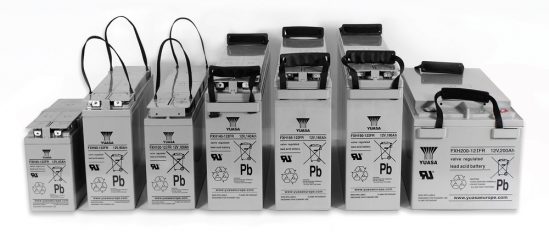
Of the 3,809 tonnes of waste portable batteries collected by compliance schemes in the same period, 2,844 were lead-acid, 343 were nickel-cadmium and 621 were other.
The suggests lead-acid batteries continue to make up a disproportionate amount of the volumes collected compared to the tonnage placed on the market, though fewer were collected than in the second quarter of 2022.
In September, Defra moved to clarify what constitutes a ‘sealed’ lead-acid (SLA) battery in a bid to address concerns around the high collection levels (see letsrecycle.com story).
Mr Nash said: “Since SLA batteries are not normally stored for any length of time due to the inherent value of the lead, the drop in SLA evidence does lead to the conclusion that protocols have been tightened up and there is less being produced.
“That said, a 2022 Q3 SLA recycling rate of 797% will have to be addressed in any future regulatory reform. We continue to develop our non-SLA network in advance of any reforms.”
Small mixed WEEE
On 1 December, the Environment Agency also published data covering the collection of household waste electrical and electronic equipment (WEEE) by producer compliance schemes and their members between July and September (see letsrecycle.com story).
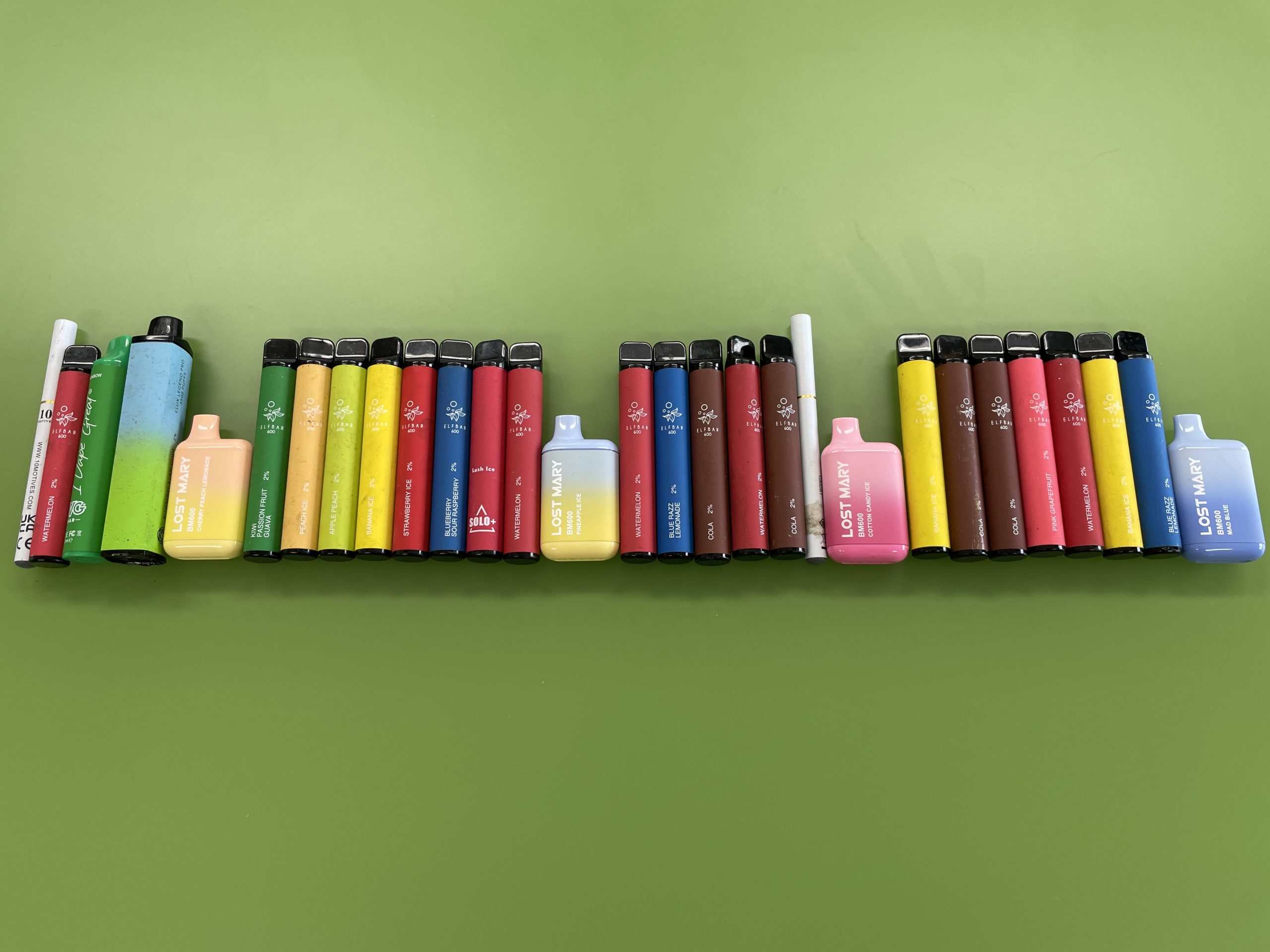
In contrast to the collection of batteries, producer compliance schemes say it “seems unlikely” targets for the collection of WEEE will be met in 2022.
Despite the positive progress towards battery collection targets so far this year, Justin Greenaway, commercial manager at Kent-based WEEE recycler SWEEEP Kuusakoski, warned low capture rates of small mixed WEEE “hamper” battery capture rates.
“For example, Material Focus confirmed 1.3 million single use vapes are thrown away every week,” he said. “Recycling of vapes is more expensive than incinerating them, so often even when returned to shops the battery does not get recycled.”
Consultation
Valpak announced in an industry update on 2 December that it had been commissioned alongside Oakdene Hollins and Warwick Manufacturing Group to gather quantitative evidence for the impact assessment of Defra’s consultation on batteries reform.
Valpak says the objective of this project is to explore ways of increasing the collection and proper treatment of portable waste batteries, to consider revisions to the producer responsibility obligations for industrial and automotive batteries, and to “scope” other measures to support a circular economy for batteries.
In November, Defra announced it had delayed its much-anticipated consultation on improvements to batteries regulations to 2023 (see letsrecycle.com story).
The department has said the consultation will focus on three areas: issues around portable batteries, significant changes in industrial and automotive batteries, and EU batteries regulation.




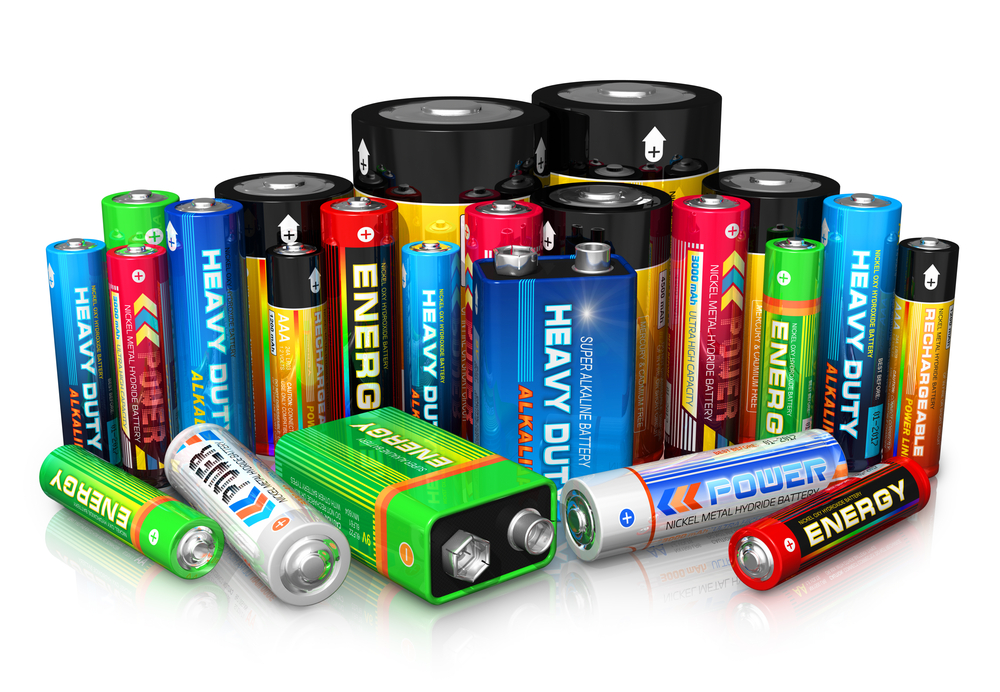
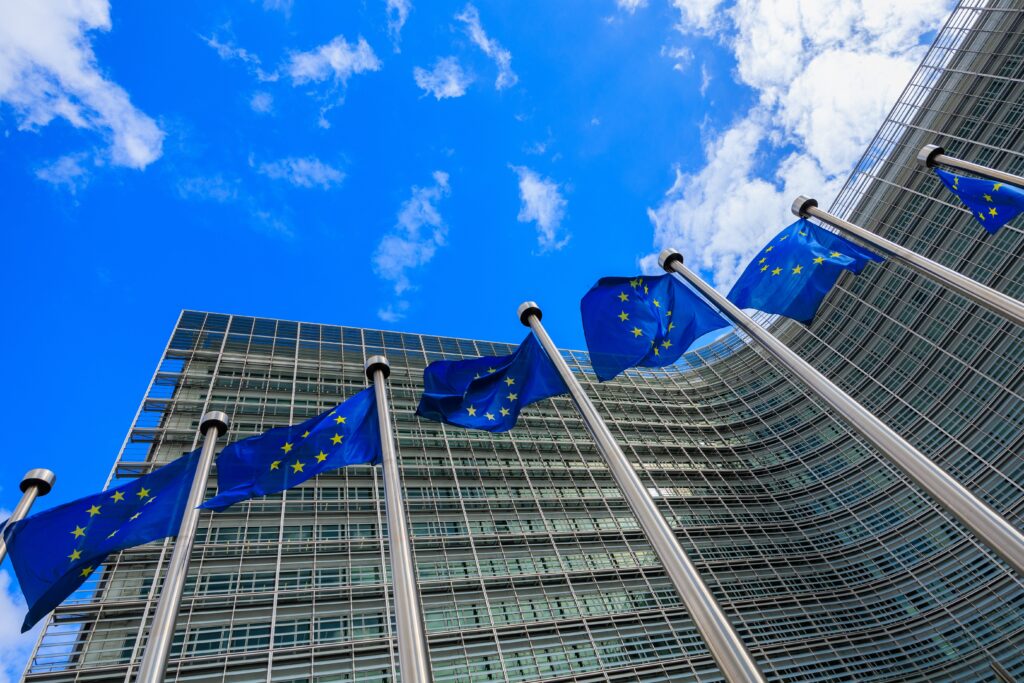

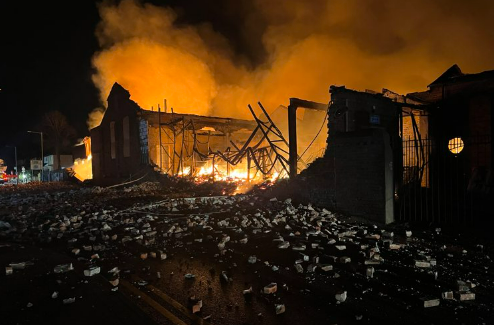
Subscribe for free